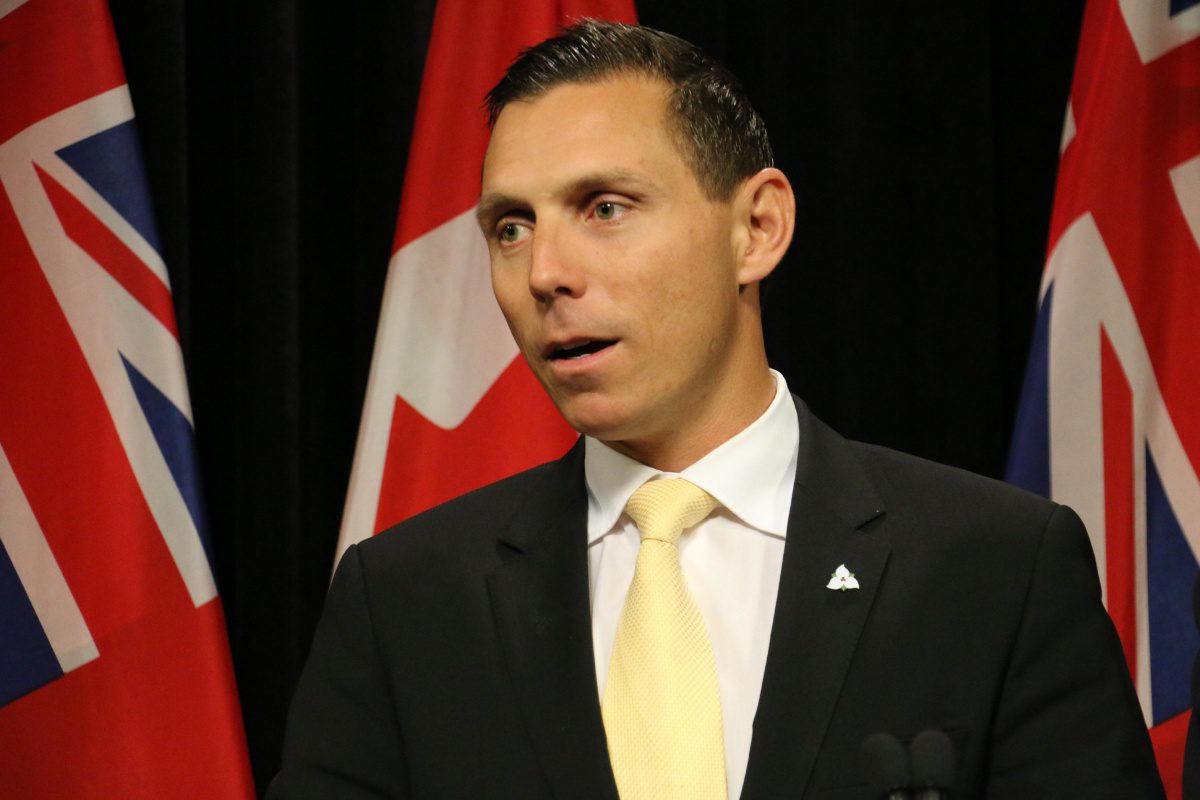If Conservatives in this country seem unduly obsessed with blaming everything that doesn't go their way on "elites," just remember — it's not paranoia if everyone really is out to get you.
We may recall that there was a big brouhaha some years ago when Canada's then-Conservative government proposed a few modest changes to our nation's voter ID laws. Over 70% of the public supported these changes, including a proposal to stop letting ID-less voters prove their identity by having someone "vouch" for them at the polling station, but that support was drowned out by the opposition of the important people, who were unanimously opposed.
Journalists wrote long editorials describing how Canadian democracy would lay in smoldering ruins if we got rid of vouching, and — even more horrifyingly —eliminated the right of voters to identify themselves with those little Elections Canada cards you get in the mail (as opposed to one of Election Canada's 40 other acceptable forms of ID). The opposition parties wheeled out expert witness after expert witness to testify against the changes, and the head of Elections Canada, Marc Mayrand was indignant enough to blow a chunk of his budget commissioning a bunch of big-shots to run around calling the Tory changes an "attack on democracy." (Mayrand, of course, was hardly a disinterested party, given the Tory changes also proposed stripping certain powers from his office). In the end, the Conservatives partially conceded to their elite opponents, watering down their reforms somewhat, but the PR damage remained immense.
Flash forward to today, and it's now the Liberals who are pushing changes to how Canadian elections work. Far more dramatic changes, in fact — they're proposing ditching the electoral system Canada has used for more than a century-and-a-half and replacing it with something brand new. Most observers conclude that adopting an alternative voting system, in turn, will work to the Liberals' electoral advantage. As the CBC's Eric Grenier put it, in the aftermath of any Liberal change to the system "the scales may be tipped in their favour enough to ensure no other change could ever occur."
The Trudeau government believes they both can and should make this change through statutory law alone, and oppose holding a national referendum on the matter. The Canadian public overwhelmingly disagrees, with the percentage opposed ranging somewhere between the mid-60s to low-70s. Elite opinion, however, is entirely elsewhere.
Most of the "expert" panelists called before the Liberals' electoral reform committee have spoken strongly against the idea of a referendum, as have pro-electoral reform lobby groups like Fair Vote Canada. Even good ol' Marc Mayrand has been piping up once again, saying he thinks the government doesn't have to hold a referendum if it doesn't want to, echoing the Liberal Party line that parliament has "the support of Canadians and they should be making those decisions."
If you're looking for a good answer on why the Tories' mild, popular changes to our electoral process received such strenuous resistance while the Liberals' far more dramatic and unpopular proposals received so little, I'm afraid there isn't one. The only real explanation is that in this country, elite opinion overwhelmingly congeals around whatever is good for the parties of the left. They put up a mighty pretense of being evidentiary and impartial, yet somehow they always wind up reaching the same conclusions.
The Tories' voter ID laws were seen as working to the advantage of the Conservatives (wrongly, as the 2015 election proved) so the important people were opposed. Changing the electoral system, by hook or by crook, in contrast, will almost certainly make it harder for Conservatives to get elected, so it's something worth endorsing.
As I noted in a previous column, there is no magical "right" answer to the challenges of voting. Even putting aside what we think about minority governments and whatnot, multiparty democracy is a mathematically imperfect concept that cannot be "solved." There is no genius voting system hidden away somewhere that is capable of producing outcomes agreeable to everyone. Anyone who claims ownership of such an elixir is lying, probably at least partially to themselves.
What Canadians have right now is an electoral system whose origins are lost to history, meaning the public does not attribute its flaws or virtues to any particular prime minister or party. That's about as close as you get to neutrality these days. It's certainly miles better than a system that makes phony pretenses of political indifference while being crafted by the most cynically partisan among us.
Photo Credit: CBC News
Written by J.J McCullough






